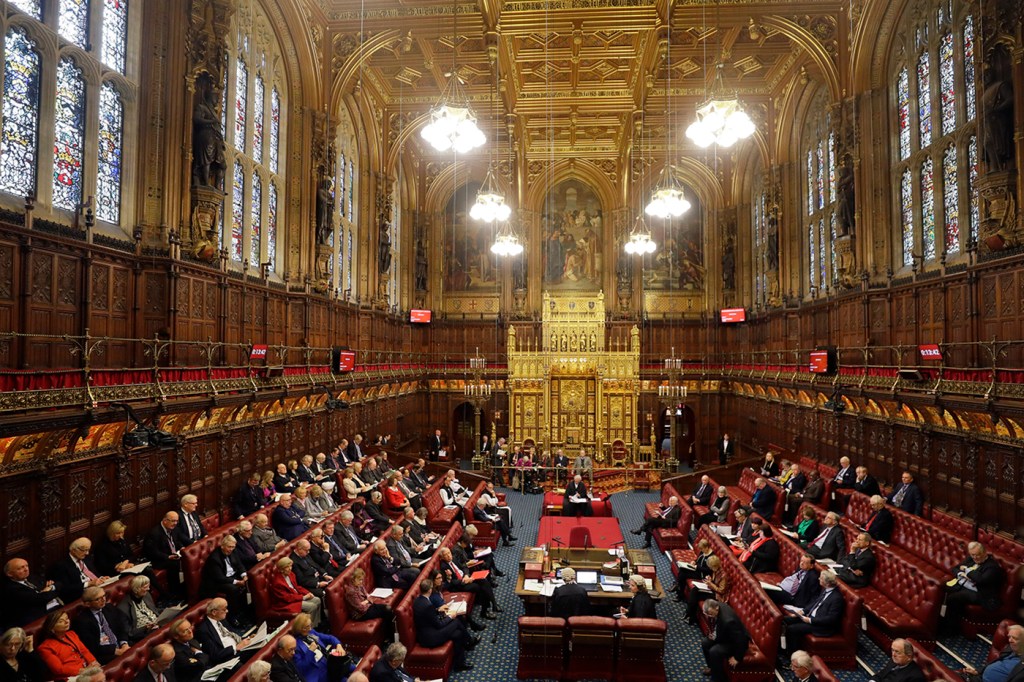Brexit is actually happening. Now what?

After more than three years of back and forth, the day for Brexit is finally here: On Jan. 31, the United Kingdom will officially leave the European Union. But what the future will bring for trade relations between the two is still anyone’s guess, says Mai’a Cross, an associate professor of political science and international affairs at Northeastern.

Mai’a Cross is Edward W. Brooke Professor of Political Science and associate professor of political science and international affairs in the College of Social Sciences and Humanities at Northeastern. Photo by Adam Glanzman/Northeastern University
According to the withdrawal agreement signed by EU leaders on Friday, the U.K. will be stripped of its position in decision-making bodies on Friday, Jan. 31 at midnight central European time, but will remain in the EU’s single market and customs union through the end of 2020. This window was designed to be a transition time, wherein EU and U.K. officials can hash out the details of their trade relationship.
But negotiating an elaborate economic relationship in just 11 months is unprecedented, says Cross, who is the Edward W. Brooke Professor of Political Science at Northeastern.
“I think [U.K. Prime Minister] Boris Johnson is way too optimistic in saying that he’ll be able to get a new trade deal by the end of the year,” Cross says. “I think we’ll be back to a cliff-edge scenario by Dec. 31, where the U.K. will just crash out of EU markets.”
The withdrawal agreement includes an option to extend the transition period, but Johnson has been adamant that he won’t take that option.
“Ultimately, [EU and U.K. trade negotiators] are going to be faced with the fact that they’re seeing this future trade relationship in very different ways,” Cross says.
As a “regulatory superpower,” the EU sets strict laws for its trade partners, Cross says. Trade partners need to ensure the quality and safety of products being traded, meet high environmental standards, and protect the rights of laborers, among other regulations.
The U.K. does not seem poised to accept such constraints, though. Sajid Javis, who is the U.K. Chancellor and head of the British treasury, said in an interview with the Financial Times that there would be no alignment with EU regulations and that the U.K. would not be “a rule-taker” once it leaves the EU.
Cross doesn’t expect the EU to be too willing to budge on its trade regulations, though.
“I think what we’ll see is the EU saying that anyone who wants to trade with the EU has to recognize the standards it set, because it doesn’t want to dilute those standards,” Cross says.
A stalemate resulting in a cliff-edge scenario—in which the U.K. and EU fail to reach a trade agreement by Dec. 31, 2020, the end of the transition period—would create deep uncertainty in the day-to-day movements of goods and people, Cross says.
“We could see shipping trucks stuck at the borders for days, shortages of goods, and uncertainty about how to continue business operations,” she says.
For media inquiries, please contact Shannon Nargi at s.nargi@northeastern.edu or 617-373-5718.





